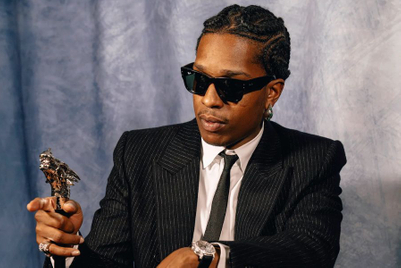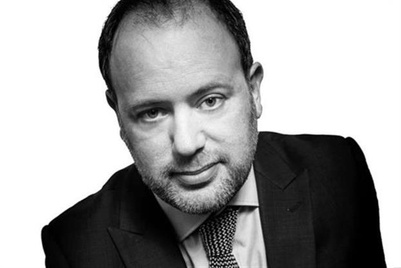
Exception de Mixmind enjoyed a surge of interest after Peng Liyuan’s endorsement of the brand during her arrival in Moscow with husband Xi Jinping, who was on his first official trip abroad as China’s new leader.
Exception's home base is in Guangzhou, and the brand has an estimated annual turnover of more than US$144.8 million (RMB 900 million). Handbags from the mid-range, ready-to-wear brand sell for less than US$400 (RMB 2,500), compared to lookalike handbags from Tod's, which retail for US$2,060 (RMB 12,800).
An interesting observation is recognizing the moment in time China is in. Peng is in a more public role than her predecessors, said Angelito Perez Tan, owner of Robert, Tan & Gao (RTG) Consulting.
"China’s homegrown designers are no doubt the strongest they have ever been in terms of creativity and understanding of fashion. This phenomenon creates a great opportunity for the first lady to expose relatively unknown brands to a much, much larger audience [than before]."
As Xi vows to fight corruption in China, high-ranking bureaucrats have been forgoing 'visible luxury' in favor of more subtle expressions of wealth. The delegates to the twin meetings of the National People’s Congress and the Chinese People’s Political Consultative Conference last year arrived in loud suits and fancy accessories from Burberry, Alma, Chanel, Celine, Giorgio Arimani and Emilio Pucci.
In March this year, the same officials and businesspeople were much more modestly dressed in unidentifiable brands. Hong Kong property developer Evergrande’s chairman Xi Jiayun, for example, was clad in a pricey Hermes belt in 2012, but wore a cheap Septwolves belt this year.
This push to stem corruption tallies with China's ban of radio and TV ads that promote gift-giving, issued by the State Administration of Radio, Film and Television (SARFT) in January.
While there may be long-term implications for foreign luxury brands, who could lose out to domestic ones as the new Chinese government continues to tout austerity and frugality, the impact on overall luxury sales growth may be muted. Brands such as Brioni and Dolce & Gabbana have sensed the new nuanced preferences of consumers and launched discreet-looking, understated collections.


+(900+x+600+px)+(3).png&h=334&w=500&q=100&v=20250320&c=1)
+(900+x+600+px).jpg&h=334&w=500&q=100&v=20250320&c=1)
.jpg&h=334&w=500&q=100&v=20250320&c=1)


.jpg&h=334&w=500&q=100&v=20250320&c=1)
+(900+x+600+px).png&h=334&w=500&q=100&v=20250320&c=1)

+(900+x+600+px)+(1).png&h=334&w=500&q=100&v=20250320&c=1)





.jpg&h=268&w=401&q=100&v=20250320&c=1)


